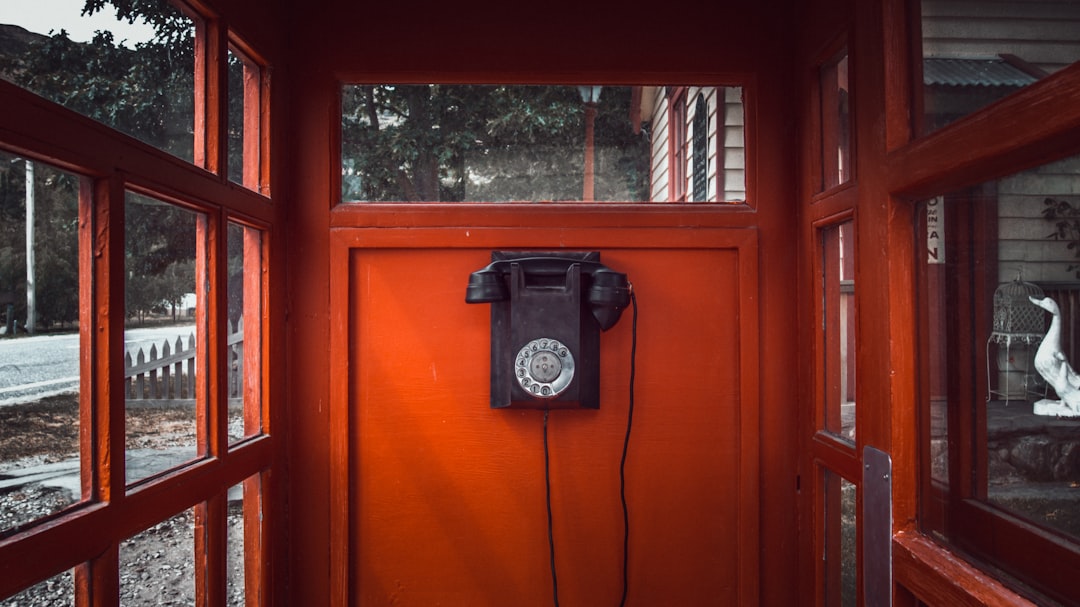Historic towns like Cottonport, Louisiana, face unique challenges from spam calls due to their popularity and charming narrow streets. Scammers use automated dialing systems to blast unwanted telemarketing calls targeting landline users. Local communities and TCPA law firms can collaborate on educational initiatives, share best practices, and encourage the use of anti-spam tools to combat this issue under Louisiana's Telemarketing Consumer Protection Act (TCPA). Residents are empowered by registering numbers on "Do Not Call" lists, using call-blocking apps, and consulting with specialized Spam Call law firms in Louisiana.
“Cottonport, Louisiana’s historic charm faces a modern menace: spam calls. This small town, like many across the state, grapples with the unique challenges of protecting residents from unwanted telemarketing. With a rich cultural heritage, Cottonport must balance its traditional appeal while combating intrusive spam calls.
This article explores effective solutions, offering insights into how Louisiana residents can defend their privacy and navigate the legal landscape. Discover the power of knowledge as we delve into ‘How to Stop Spam Calls in Louisiana’, featuring expert guidance from top spam call law firms and lawyers specializing in TCPA litigation.”
Understanding the Unique Challenges of Spam Calls in Historic Towns

Historic towns like Cottonport, Louisiana, face unique challenges when it comes to spam calls due to their charm and popularity. With narrow streets, historic buildings, and a thriving community, these areas often attract scammers who target unsuspecting residents with unwanted telemarketing calls. Unlike urban centers, where robust anti-spam measures are already in place, small towns may lack the necessary infrastructure and awareness to combat this issue effectively.
Many residents of Cottonport rely on their landlines for communication, making them vulnerable to spam call attacks. Scammers exploit this by using automated dialing systems to blast out mass calls, often with pre-recorded messages designed to trick recipients into providing personal information or agreeing to unwanted services. To combat this, local communities and law firms specializing in TCPA (Telemarketing Consumer Protection Act) cases in Louisiana can collaborate on educational initiatives to raise awareness about spam call tactics and the legal protections available to citizens. Engaging with residents, sharing best practices, and encouraging the use of anti-spam tools are key strategies to mitigate these challenges and ensure a safer environment for Cottonport’s historic charm.
Legal Framework and Spam Call Prevention in Louisiana: A Comprehensive Guide

In Louisiana, the fight against spam calls is governed by the Telemarketing Consumer Protection Act (TCPA), a robust legal framework designed to safeguard residents from unsolicited telephone marketing. Understanding and adhering to these laws is crucial for both businesses and individuals seeking to curb unwanted spam calls in the state. A comprehensive guide on how to stop spam calls Louisiana offers valuable insights into navigating this regulatory environment.
If you’re searching for a reliable solution, consulting with a reputable spam call law firm Louisiana or engaging skilled spam call lawyers Louisiana can be immensely beneficial. These legal experts specialize in TCPA compliance and possess the knowledge required to help businesses establish effective anti-spam call strategies. By employing their services, Louisiana residents and businesses can not only protect themselves from unlawful spam calls but also set an industry standard for responsible telemarketing practices.
Effective Strategies to Stop Spam Calls: Empowering Residents of Louisiana's Historic Communities

Spam calls are a persistent problem, especially in historic Louisiana communities where residents cherish their quiet and peaceful surroundings. However, with the rise of automated phone systems, these unwanted intrusions have become increasingly frequent. To combat this, effective strategies must be implemented to protect residents from spam calls. One powerful approach is education: teaching locals about the Telephone Consumer Protection Act (TCPA) and its implications can empower them to take action.
Residents can start by registering their phone numbers on national “Do Not Call” lists, ensuring that they receive fewer unsolicited calls. Additionally, using call-blocking apps or software designed to detect and filter spam can significantly reduce the volume of unwanted calls. Legal options are also available; a Spam Call law firm in Louisiana can provide guidance and representation if residents feel their rights have been violated. By combining these tactics, Louisiana’s historic communities can reclaim their peace while effectively stopping spam calls from disrupting their lives.






